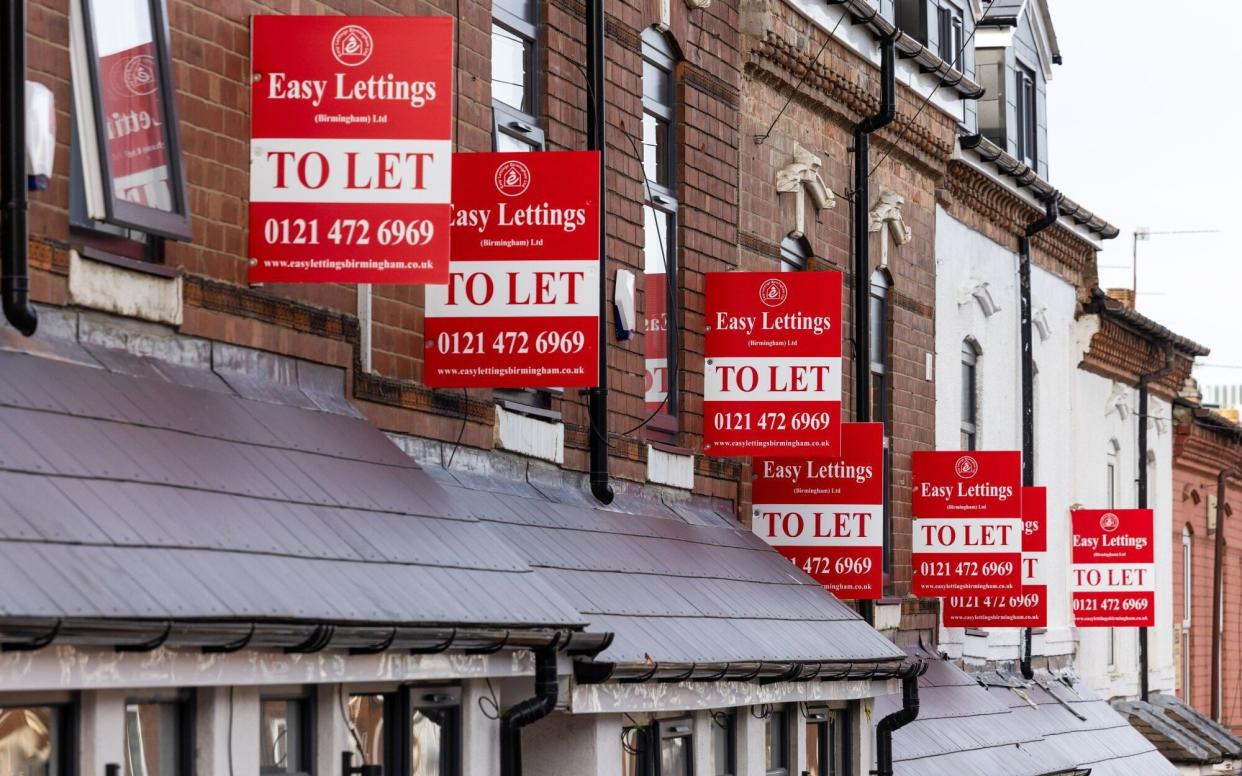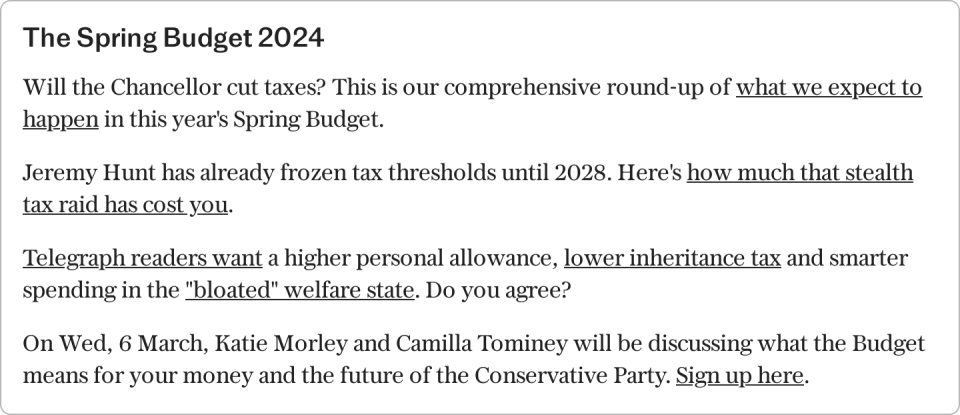Boost for landlords as capital gains tax slashed

Landlords and second home owners will benefit from an investment profits tax cut designed to free up more houses.
The higher rate of capital gains tax (CGT) on property will be cut from 28pc to 24pc from April in a move the Government said would “fire up” the residential property market.
The Treasury said in documents released alongside the Budget: “This will encourage landlords and second home owners to sell their properties, making more available for a variety of buyers including those looking to get on the housing ladder for the first time.”
The rate changes will be legislated in the Finance Bill and come into effect on April 6. The lower rate of capital gains tax will remain at 18pc.
It means a higher-rate taxpayer making a gain of £100,000 on the sale of a residential property will save between £3,269 and £3,880, depending on their income, according to accountancy firm RSM.
However, second home owners who let their properties out to holidaymakers will be hit with a string of tax rises.
The “Furnished Holiday Lettings” tax regime will be abolished from April 2025, raising £245m a year in a move the Government said would help “local people to find a home in their community”.
The regime allowed holiday let owners to claim full mortgage interest relief and allowed for more generous tax treatment on capital gains.
The move brings holiday lets in line with the private rented sector and is expected to raise an estimated £300m for the Treasury.
Tax breaks on holiday lets had applied to landlords who make their properties available for at least 210 days a year, and let them out for at least 105 days a year.
Mr Hunt is betting on the policy change as a way to curb housing shortages in holiday hotspots such as Devon and Cornwall in response to complaints by councils and locals.
Short-term and long-term lets will now be treated “the same for tax purposes”, according to the Treasury.
This means holiday let owners will also lose the right to deduct costs of fixtures and fittings from their income, will no longer be able to make tax-advantaged pension contributions, and will lose the benefit of paying a 10pc business rate rather than the full capital gains tax rate when disposing of their property.

It follows a crackdown by Michael Gove who previously said seaside towns were in danger of turning into “permanent” Airbnb settings.
The Levelling Up Secretary has confirmed proposals to introduce a new planning rules for Airbnbs which will give councils powers to control the number of holiday homes in their towns.
Private landlords have been switching to the holiday let sector to benefit from a more relaxed taxation system, having been pushed out of the buy-to-let market following a string of tax rule changes.
Since 2016, for example, private buy-to-let landlords have not been able to claim mortgage interest tax relief. They have also been stripped of tax allowances on the wear and tear of their properties and face a stamp duty surcharge when purchasing new properties.
Chris Norris, policy director at the National Residential Landlord Association (NRLA), said increasing taxes on holiday lets would “make no meaningful difference to the supply of long-term rental properties”.
He said the Chancellor’s cut to CGT was “slightly misleading”, arguing that it “will be all but neutralised by the reduction in the annual tax-free allowance”.
The annual tax-free allowance for CGT was cut from £12,000 to £6,000 last year, and will fall again to £3,000 from April.
Mr Norris said: “If you compare the tax on property gains at 28pc in 2022 to those post April – assuming the 24pc rate – you need to make a pretty substantial gain before you’re better off.
“A cut is welcome of course, but it seems like a little bit of smoke and mirrors.”


